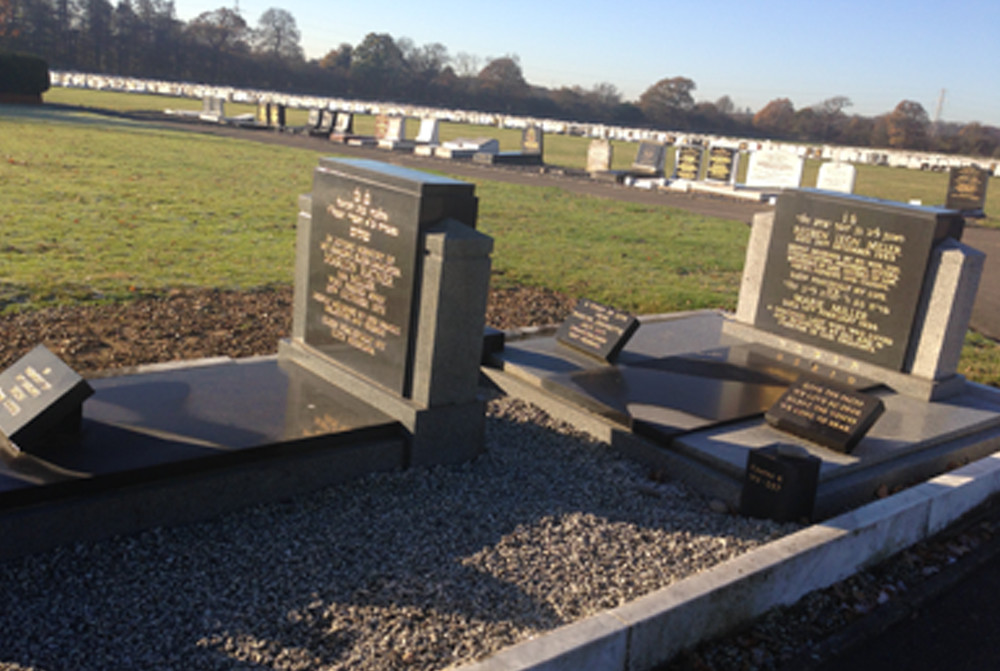jewish funeral customs for gentiles
A Jew who is a Cohen a descendant of the priestly class will only attend the. If so extras will customarily be available as you come in.

The Physicality Of Death Burial And Mourning In Judaism
There is no problem with non-Jewish people attending Jewish funerals.
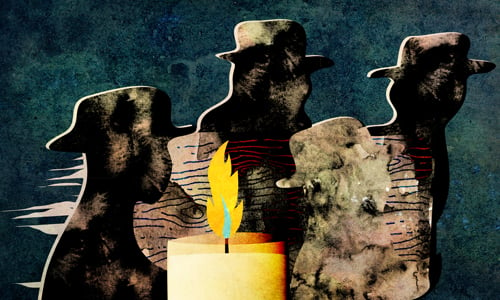
. Within the Jewish tradition unless the family chooses to make the interment private its customary for mourners friends and relatives to accompany the deceased to the burial site and assist with the interment. Others occur in multiple locations-starting at the synagogue or a funeral home and then processing to the cemetery. A presence of 10 adult males is required to recite this prayer the 10 adults indicate that its a minyan.
Jewish Funeral Etiquette for Gentiles Preparation. It is called this way because at Jewish funeral traditions calls for accompanying the body to the place of burial. Its often referred to as the mourners kaddish.
Make a charitable donation in the name of the deceased person or to a charity selected by the deceased. A fancy casket Traditionally Jewish caskets are plain unfinished wood. The Usual Funeral Process.
According to Jewish law the body is washed and not embalmed. Jewish law considers cremation as pure idol worship and as going in the ways of the gentiles Any instructions to be cremated must be ignored without feelings of guilt or regret. The Way of the Gentiles.
The first seven days following the funeral is known as shiva and the mourners generally stay at. The body is placed in a simple wood coffin so as not to disturb its natural decomposition. It is not appropriate to give flowers at a Jewish funeral but it is acceptable to bring food.
THINGS YOU WILL NOT SEE OR HEAR AT A TRADITIONAL JEWISH FUNERAL. Depending on the specific Jewish tradition and the synagogue a yarmulke may be required for men. The prohibition against non-Jewish practices might relate to the practices of ancient Egypt Canaan or the social and philosophical ways of non-Jews today.
Jewish mourners can give fruit baskets or food trays to their loved ones for religious funerals since shiva prohibits eating and cooking during the funeral. Jewish Funerals and Burial. Based on Jewish laws traditions and customs a Jewish funeral usually takes place within one day following the date of death and these are solemn and reflective services followed by a gathering at the mourners home which marks the beginning of shiva.
After the memorial service everyone joins the funeral procession escorting the deceased to the grave for burial. Before the body arrives at the funeral a pious custom is to read Psalms over the body of the deceased. The casket is usually closed and the funeral service conducted by a rabbi is.
Jewish Funeral Etiquette for Gentiles. Not only is it a sign of respect but also support. The Proper Etiquette for a Jewish Graveside Service.
To throw dirt and grass behind ones back while reciting certain verses after a burial. Some funerals are exclusively graveside. Can A Gentile Go To A Jewish Funeral.
Jewish Condolence Etiquette. The Levayah will start with the family members asking for forgiveness. Women may also be required to cover their hair.
During this time people will make a shiva-call which is the offering of condolences. A man should wear a suit and a. I To cleanse the hands with dirt after a burial.
There is no visitation by friends in the presence of the body before the funeral. Jewish Funeral Etiquette for Gentiles. Jewish funerals can take place in a variety of locations.
An open casket or cremation is not generally accepted in the Jewish tradition. See 9 above An open casket We dont look at a dead person unnecessarily since they cannot look back at us. As a general rule when the hearse arrives at the cemetery it stops.
During Shiva mourners usually share stories and. According to traditional practices the funeral is usually held in a synagogue or funeral home the day after the death. To place grass or a small stone on the grave at the end of the burial service or after visiting a grave.
Dress in a respectful manner in dark colors. No one should exit the building in front of the deceased except those who must do so in order to carry the bier. Timing of the service.
Judaism is filled with intricacies of ritual including sitting shiva. In traditional funerals people attending the funeral but not the burial may escort the dead fulfilling the mitzvah of leveyat hamet by walking behind the hearse for a short distance. Funerals may not take place on the Sabbath or on the Day of Atonement.
And although the rabbis at one time permitted funerals on the first day of a festival provided that certain functions were performed by gentiles and regarded the second day of yom tov as a weekday as far as the dead are concerned Beẓah 6a some modern communities prefer postponement. Traditionally burial takes place as soon as possible-within 24 hours. A Jewish funeral ceremony is called a ceremony is called a Levayah accompaniment.
KAH-dish is a Jewish funeral prayer recited during this time where you mourn the dead. Cremation is explicitly forbidden according to all authentic Jewish opinions and there are never any circumstances where it is permitted. Gentiles non-Jews need to know a few key facts to make this observance as respectful as possible.
The Hebrew word for funeral is levaya which means honoring the deceased by accompanying them to their grave. Traditional Jewish funeral customs will not display the deceased body. The process can vary but there are a few standard elements.
The traditions rituals and customs for Jewish burials state that the body is buried in a plain and unadorned wooden casket. There is no Jewish law stating that a gentile or a non-Jew cannot attend a Jewish funeral. Maimonides specifically mentions a diverse range of prohibited Gentile customs including haircuts and using non-Jewish architectural models.
It can be awkward to attend ceremonies for a culture different than your own. Flowers instead Jews give donations to a memorial fund. However because many Jews practice dietary laws of Judaism you should not bring non-kosher meals to the home.
This is especially true of a funeral where there is very little notice and a short time to find out what the correct behavior is. It is open to Jews of other faiths or even those who are not Orthodox to attend a funeral for a non-Jewish loved one. In Judaism performing acts of charity comforting the bereaved and praying on behalf.
The Jewish funeral service typically includes prayers by the rabbi and may also include eulogies by the rabbi andor family members. The funeral will take place at a synagogue funeral home or the entire process may happen at the cemetery. When a Jewish friend or family member dies observing funeral etiquette helps to properly express sympathy without offending anyone.
Shiva is the seven days of mourning after the funeral of a loved one. In Reform funerals people then often express their condolences to the family members of the deceased before the actual burial.

Jewish Traditions For Death Burial And Mourning Rohatyn Jewish Heritage

Jewish Traditions For Death Burial And Mourning Rohatyn Jewish Heritage

Funeral Procession By Car Santa Rosa Mortuary Eggen Lance Chapel Funeral Services Funeral Funeral March

Funeral Procession By Car Santa Rosa Mortuary Eggen Lance Chapel Funeral Services Funeral Funeral March

The Alex Gow Funerals Helps You Honour The Demise Of Your Loved One In A Proper Way And Pay Your Last Respects Wi Funeral Expenses Funeral Funeral Arrangements

Jewish Funerals Traditions Customs Etiquette Cake Blog
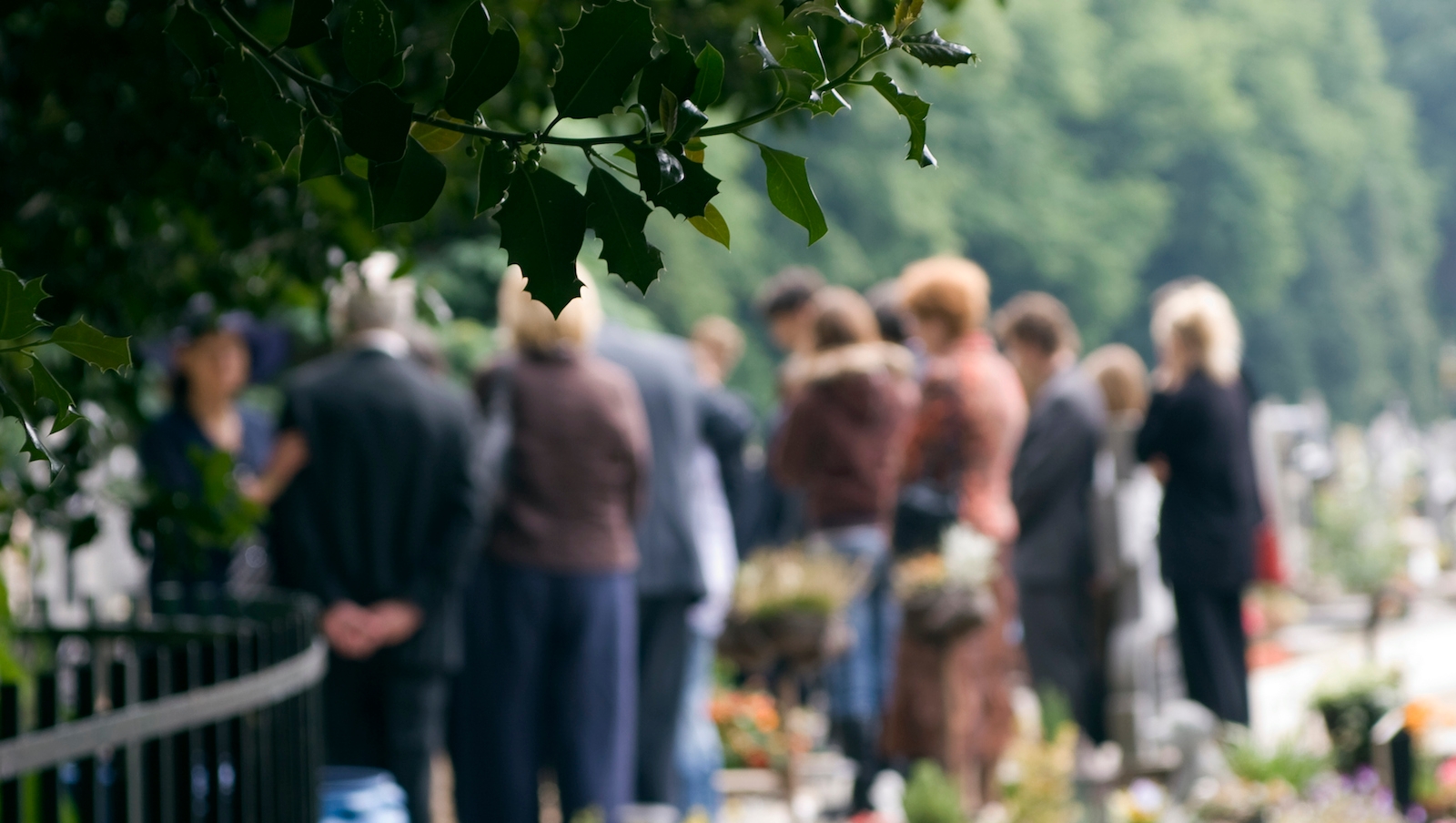
Jewish Mourning Faq My Jewish Learning
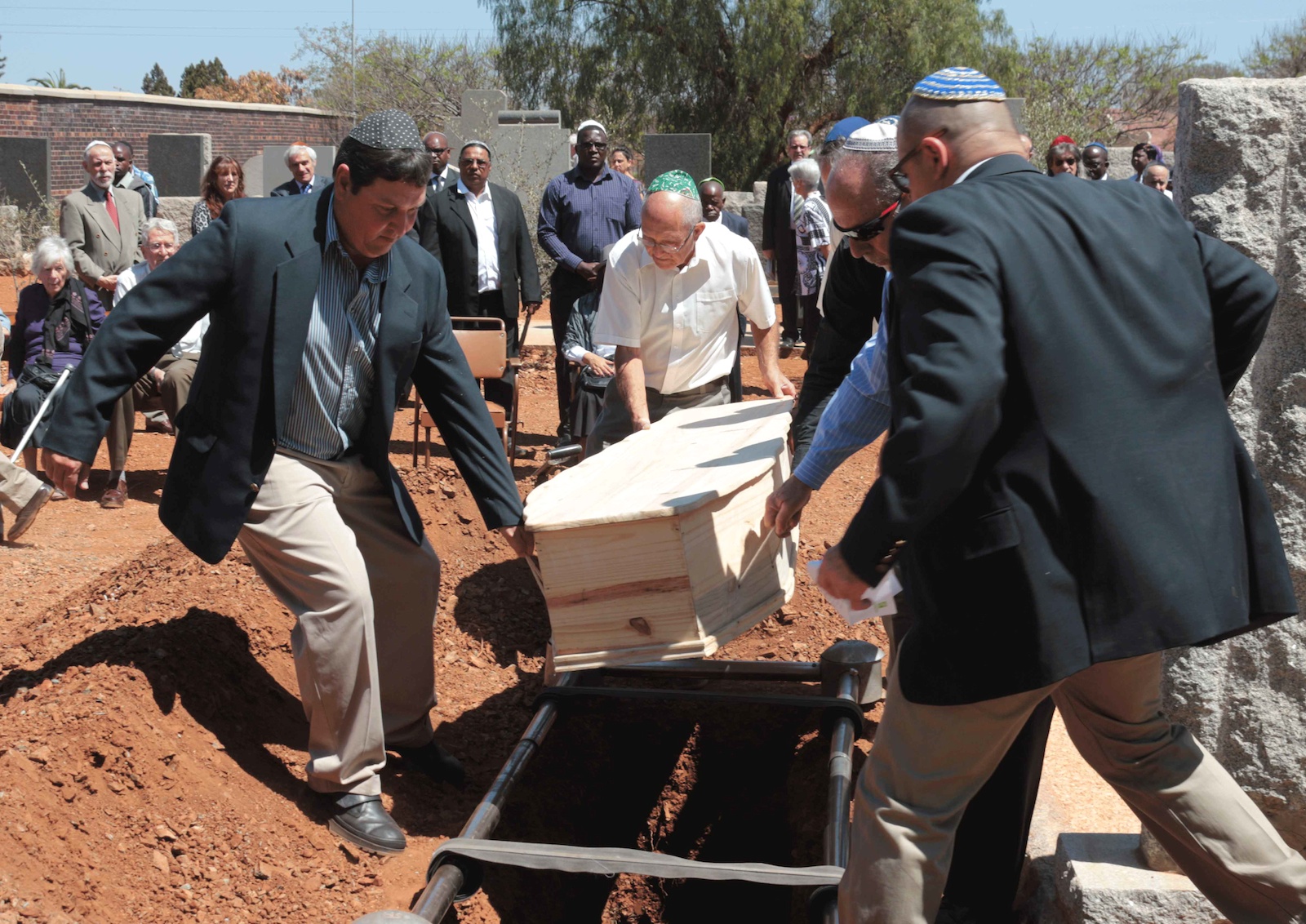
Jewish Traditions For Death Burial And Mourning Rohatyn Jewish Heritage

Basic Laws Of A Jewish Funeral Death Mourning

9 Dos And Don Ts Of Funeral Etiquette Funeral Etiquette Funeral Planning Etiquette

How To Conduct A Jewish Funeral Chicagojewishnews Com
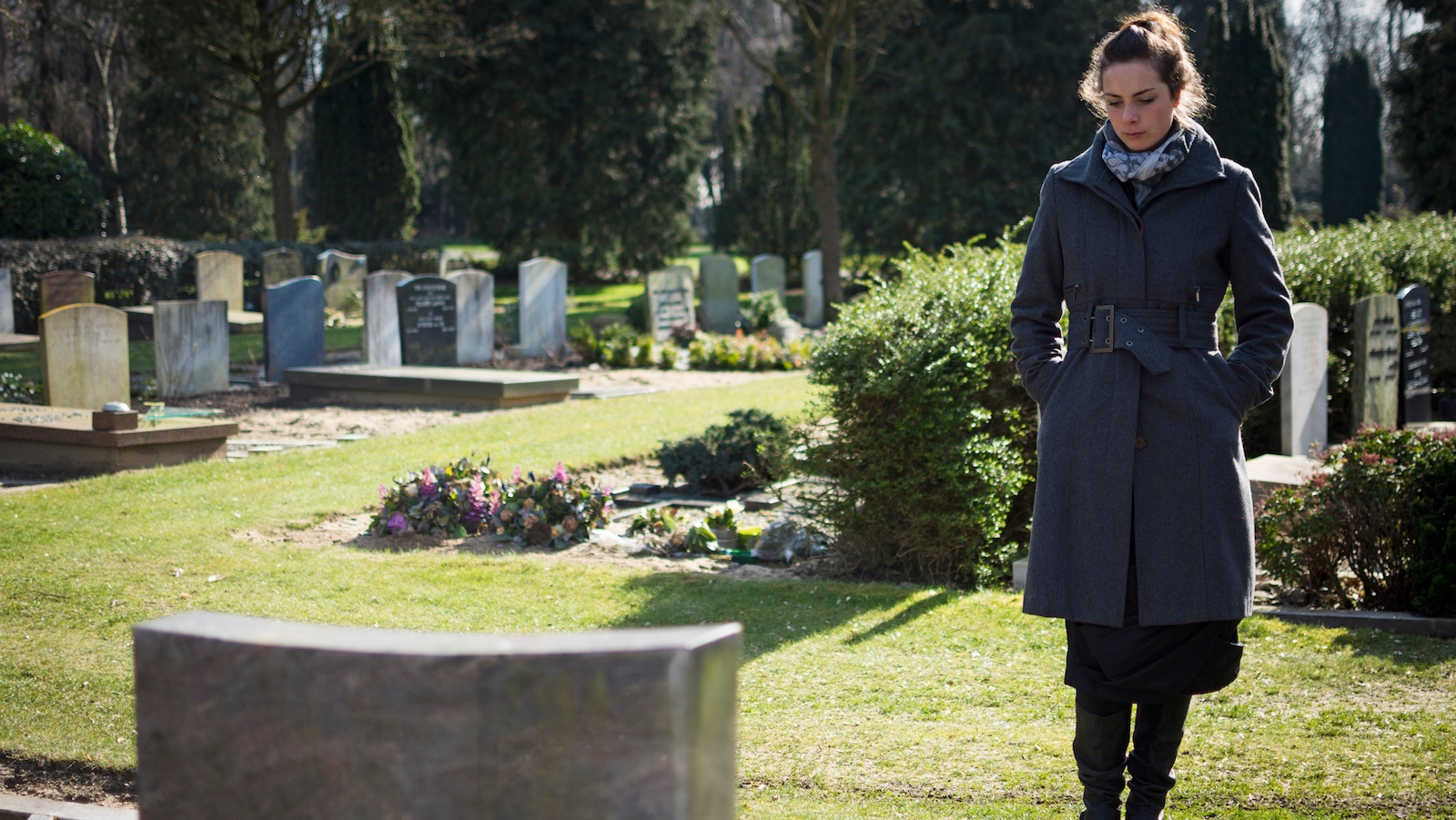
Mourning Non Jewish Loved Ones A Reform Perspective My Jewish Learning

10 Tips For Attending A Jewish Funeral Unusual Headstones Funeral Etiquette Jewish
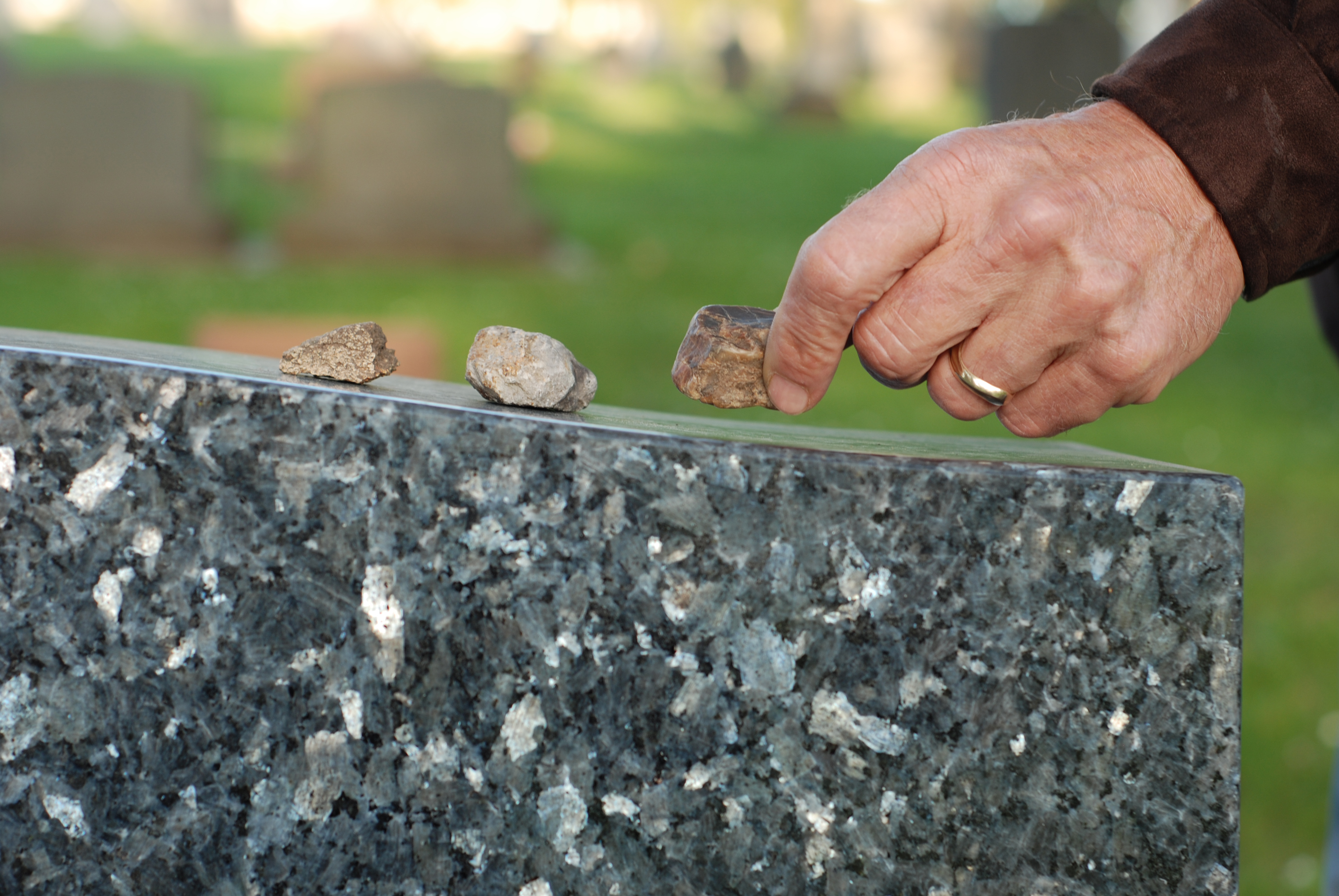
Jewish Funeral Etiquette For Non Jewish People Gutterman S Jewish Funeral Homes New York Fl


